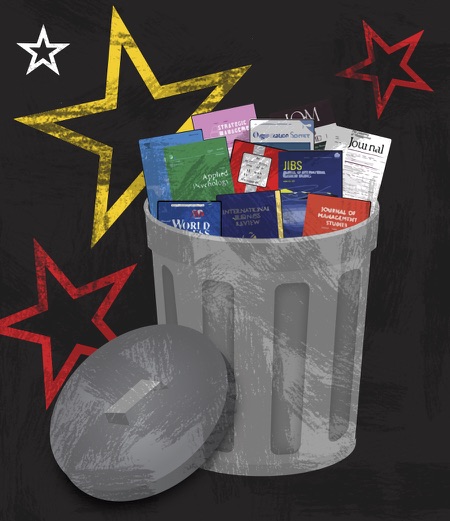
Library resource cuts hurt our research institution reputation
From 2012–2016, the University of Calgary cut $2,140,558 in academic resources from its collections, with another $1.5 million cut in the 2016–17 fiscal year. This means that valuable resources for both faculty and students from journals like Taylor & Francis and Oxford University Press are no longer available.
While the U of C libraries claim they will pursue other means of accessing journals, it is difficult to justify the loss of these packages. It’s even harder to justify these cuts when U of C administration makes such a big deal about being a top research university.
Over the past few years, one of the U of C’s main goals through the Eyes High strategy was to become a top-five research university in Canada — for the record, we ended up sixth at the campaign’s end last year. And as the new Energize Eyes High campaign is currently in consultation, you can be sure that research will continue to be a priority.
But research isn’t just about fancy buildings and large grants. Research is the boots-on-the-ground work done by faculty and students every day. And that gets a lot harder when research resources are being cut at such a rapid rate.
Faculty and students are all negatively impacted by the loss of these academic journals that provided valuable resources for a range group of subjects. The most recent round of cuts included most notably 887 journals from Taylor & Francis packages concerning disciplines from sociology to geography to history. Geography professor Byron Miller, like many, was outraged.
“These are not minor journals. A lot of them are flagship journals with many disciplines,” he said. “There has been no explanation coming from the library. When we spoke to our research area contact at the library, many of them weren’t even aware of the cuts.”
Miller has a right to be angry. Though the university claims that the articles they unsubscribed to weren’t being downloaded, this can’t be the only excuse. Due to the way journals are bundled, there are bound to be many vital resources lost alongside those judged to be useless. By limiting the breadth of journals that students and researchers have access to, the university limits their ability to conduct research.
It isn’t only researchers like Miller suffering from the loss of these resources. Any student who is required to cite a source in a paper or an assignment has most likely used subscriptions available to them as a student. It is fair to say that every student at the U of C utilizes some form of academic resource on a regular basis in order to complete their own research, papers and assignments. There is no reason for students to pay for their own access to academic journals when they study at an institution that promises this exact type of access.
The university claims to be working towards open access journals and strategies, but until open access resources are more widely used, paying for journal subscriptions is the only way to obtain the research and information available.
The budget for scholarly sources should be prioritized if the university wants to uphold its values regarding research. If the U of C wants to be known as a research university, we must support access to academic resources. That starts with comprehensive resources.
Rachel Woodward, Gauntlet Editorial Board
